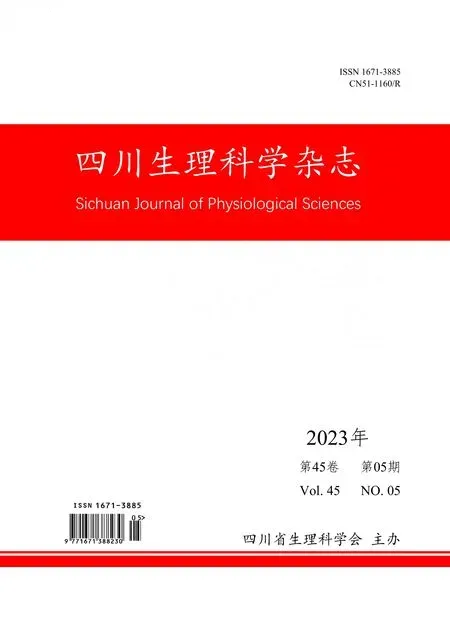An in vivo neuroimmune organoid model to study human microglia phenotypes
Simon T Schafer,et al.
Microglia are specialized brain-resident macrophages that play crucial roles in brain development,homeostasis,and disease.However,until now,the ability to model interactions between the human brain environment and microglia has been severely limited.To overcome these limitations,we developed an in vivo xenotransplantation approach that allows us to study functionally mature human microglia (hMGs) that operate within a physiologically relevant,vascularized immunocompetent human brain organoid (iHBO) model.Our data show that organoid-resident hMGs gain human-specific transcriptomic signatures that closely resemble their in vivo counterparts.In vivo two-photon imaging reveals that hMGs actively engage in surveilling the human brain environment,react to local injuries,and respond to systemic inflammatory cues.Finally,we demonstrate that the transplanted iHBOs developed here offer the unprecedented opportunity to study functional human microglia phenotypes in health and disease and provide experimental evidence for a brain-environment-induced immune response in a patient-specific model of autism with macrocephaly.
- 四川生理科學雜志的其它文章
- Haemochromatosis
- GWAS and meta-analysis identifies 49 genetic variants underlying critical COVID-19
- Polygenic scoring accuracy varies across the genetic ancestry continuum
- Uridine-derived ribose fuels glucose-restricted pancreatic cancer
- 更 正
- Microbial peptides activate tumour-infiltrating lymphocytes in glioblastoma

